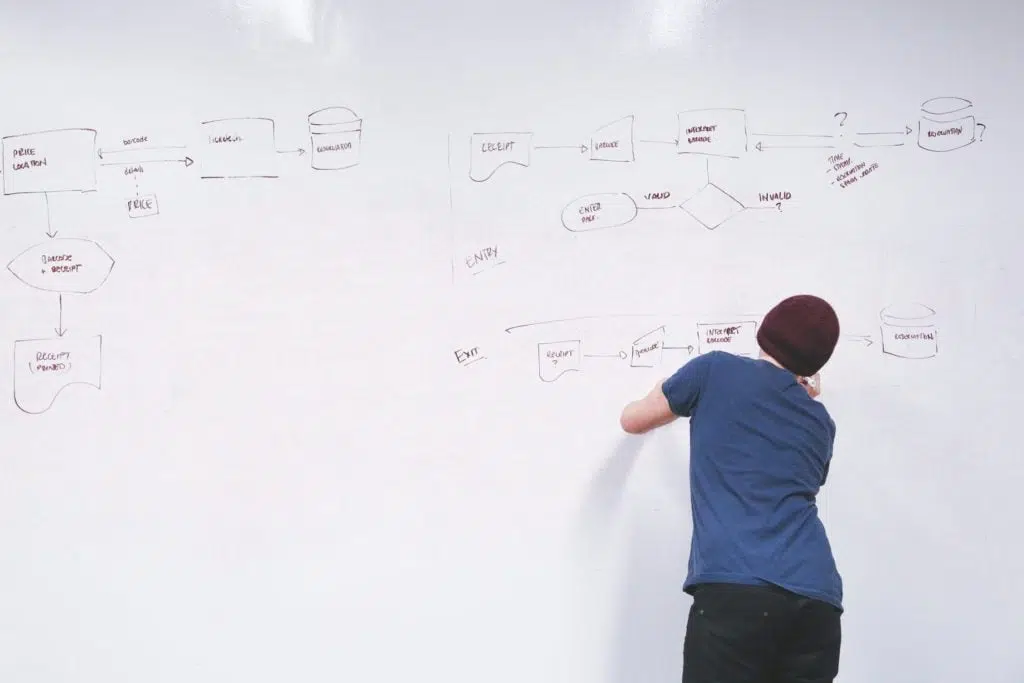What is user needs analysis?
When designing a product or service, it is important to understand why people would want or need to use it. Their motivations may seem obvious and could relate to simple necessity. However, you may not fully know what their current needs are as these may have changed over time, since your original product or service launch.
User needs analysis is the title given to any piece of research that concentrates on extracting actual need over elements such as perception. It is a means of questioning those who use your product and/or services to assess whether or not their physical, practical, financial, or emotional needs are being met. For example, housing associations are likely to conduct user needs analysis to monitor housing provision, housing suitability, and housing support services. Here regular user needs analysis is ideal to keep in touch with tenants and the results can be used to adjust and amend services.
Carrying out a user needs analysis is also particularly useful to implement before designing a product or service to ascertain what your potential or existing customers want. This is a perfect opportunity to gauge need prior to launch to make sure that you are delivering the most effective services.
User needs analysis takes into consideration a number of factors, including who your likely users are, what they are trying to do, how they are currently trying to do it, how their personal circumstances impact their use of your product or service, and their view of similar products or services. It identifies the 'big picture' in terms of the needs of the your audience and identifies groups whose needs are not met or who experience poor outcomes.

Gathering effective and authentic user needs analysis requires multiple methodologies. These are selected according to the most appropriate user fit and will be specific to your client group.
At Mackman Research we will start working with you to identify the communication needs of your clients. This will ensure that the methodology is well suited to gathering valuable data whilst respecting and being mindful of the needs of your clients. This is a very important first step in user needs research design and is one that is often ignored, in favour of standardising data collection with telephone or postal surveys. Where applicable the telephone is a effective tool, yet it does not suit all users of products or services.
In some instances face-to-face methods are the most effective at achieving user engagement, and these are particularly useful when considering the long-term effects of services or historic client relationships. Similarly, face-to-face methods of data collection work really well with vulnerable respondents.
The objective of user needs analysis research is to clearly establish what the needs of your clients are. Within this there will, no doubt, be particular areas of interest that you would like to focus upon. We can design a research programme that enables your clients to comment on specific areas of need, uses of products, and effectiveness of services. As well as formulating non-biased and concise lines of questioning, it is also important that user needs analysis research allows respondents both time and space to impart information to relating to personal experience. Our design process encourages you to make provision for free flow commentary and conversation.
Alongside immediate need, our user needs analysis aims to evaluate:
Our user needs analysis can help to clarify your goals, establishing why people would want to use a service, what their frustrations are, and how their experience could be improved and their needs met.
This extends to understanding what people in specific communities or groups might need in public service projects or larger contexts. Here we are experienced in engaging with respondents from all walks of life, and our plain speaking and personable approach means that we can really connect with your clients to ensure that the research process is a positive one.
As standard we deliver additional value in our analysis and findings by making recommendations for future development and growth. Our broader understanding of business and third sector organisations means that we will identify clear areas that require immediate action, and those that offer great opportunities for you to develop additional products or services in the future.
Want to know more about our user needs analysis? Contact us to discuss your project.

As with all of our projects, we like to get close to our clients and their external users. In practice, this means that we will spend time with you so that we fully understand all of your project's aims and objectives. This 'kick off' stage is also crucial in gathering information about your organisation as we move forward to representing you 'in the field'.
The key to all of our projects is collaboration. At Mackman Research we actively encourage our clients to work with us to establish communication channels throughout all stages of the project. This is particularly important when conducting research face-to-face, where we might observe behaviours that create challenges or have an effect on the overall research objectives. We work regular touch points into our project plans but will always get in touch if and when needed.
Our enthusiasm for all things research starts with the joy of working through an initial research problem, and continues right the way through to delivering meaningful and insightful findings. Having got to know your organisation and the needs of your project, we carefully plan out your research.
Having agreed upon an outline plan, we will walk you through our recommended methodology for data collection. Here we are always keen to share our research skills and, where appropriate, we are happy to train members of your in-house team to work alongside us.
User needs analysis research will have very specific requirements and this is reflected in the presentation of research findings. Working with you, we will tailor our reports to meet with your presentation needs right through to delivery.

What Our Clients Say

Case Studies
See how our insight makes a measurable difference.
Our latest Blog Posts
From research tips to industry updates.






